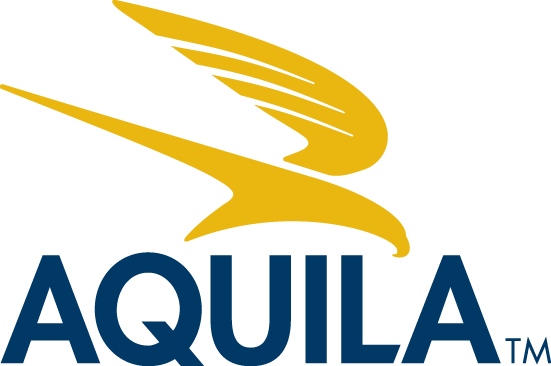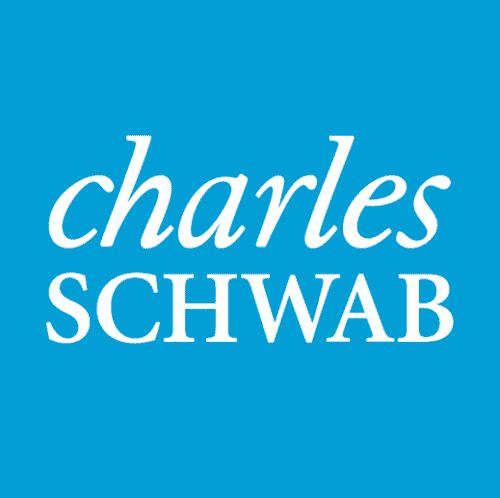When arbitrating the Schwab transaction, it became clear to me that the data provided by AQUILA was not only more comprehensive, accurate and complete, but the analysis itself stands alone relative to the other top commercial real estate firms in Austin. The way they view the data and the trends is truly unique.”
- Jeremy Smitheal
Riverside Resources, Principal
McCombs School of Business, Professor
I know you both were hesitant in pursuing arbitration due to the amount of money at risk, however, having the best brokers in the Austin market and knowing it was the only war we could achieve the best rate, I had every confidence we would be successful. Congratulations and thank you for the outstanding work on Charles Schwab’s behalf.”
- Brian Colona
Charles Schwab
Challenge
Charles Schwab, one of the nation’s largest financial investment brokerage firms, had a lease expiring in Research Park Plaza, a Class A building in Northwest Austin, and hired AQUILA to guide them throughout the process. After several months of negotiations, a deal had not yet been agreed upon.
The Landlord was negotiating a transaction with a much larger Tenant, Emerson Process Management, for Schwab’s space, which significantly reduced Schwab’s leverage. We suggested that Schwab exercise their renewal right, which could lead to a seldom-used binding arbitration procedure where a mutually agreed-upon third party acts as the sole arbitrator. This was a risky proposition, as the arbitrator, based upon the information/data provided to him by both parties, chooses either the Tenant or Landlord’s proposed “Fair Market Rate.”
Strategy
We first put careful consideration into selecting an arbitrator. As we knew that the materials we were going to present to him may be very analytical, we were able to get the Landlord to agree to use one of the most analytically minded real estate professionals in Austin as the arbitrator. We were then tasked with creating the analysis that the arbitrator would use to make a decision.
We first analyzed exactly what the language in the “Renewal” section of the lease called for to be taken into account when determining whether another transaction can, in fact, be considered a comparable transaction. The lease, among many other factors, called for transactions of similar size, timing, term, tenant improvement allowance, quality of building and amenities, with tenants of comparable credit, etc. We then referred to our comprehensive database of comparables and created a data set of 42 comparable transactions.
We analyzed each comparable for every factor that the renewal language in the lease called for to be taken into consideration. Some of this analysis included discounting each comparable for credit of tenant (national, local, or no credit), weighting each comparable for quality of the building, and analyzing the averages of smaller data sets within the entire data set, for instance, looking at all of the 2nd generation comparables in the data set larger than 25,000 square feet with terms longer than 60 months.
We then compared the averages of the data set on the whole along with the averages of the smaller data sets to Schwab’s proposed “Fair Market Rate” to show that Schwab’s “Fair Market Rate” was in line with the market. Finally, we went one step further and took the standard deviation, a commonly accepted measure of reasonableness, of each data set’s average along with the Landlord’s proposed “Fair Market Rate” to show that Schwab’s “Fair Market Rate” was much more reasonable than that of the Landlord. All of this analysis was then compiled into a 20+ page report and submitted to the arbitrator.
Results
The arbitrator ultimately determined that Schwab’s proposed “Fair Market Rate” was more in line with the market than the Landlord’s proposed “Fair Market Rate” and ruled in favor of Schwab. The Landlord’s proposed rental rate was almost $3.00/SF higher than Schwab’s rental rate and Schwab received almost twice as much in tenant improvement allowance than the landlord was proposing.
This all resulted in savings to Charles Schwab of $4,421,579. Schwab was convinced that without AQUILA’s comprehensive database of comparables or their analytical abilities to transform the data into a convincing argument, Schwab may not have enjoyed the considerable savings that they ultimately do today.
Ready to talk about finding your next office space?
An AQUILA tenant representation expert is ready to talk to you. Schedule your consultation today.









